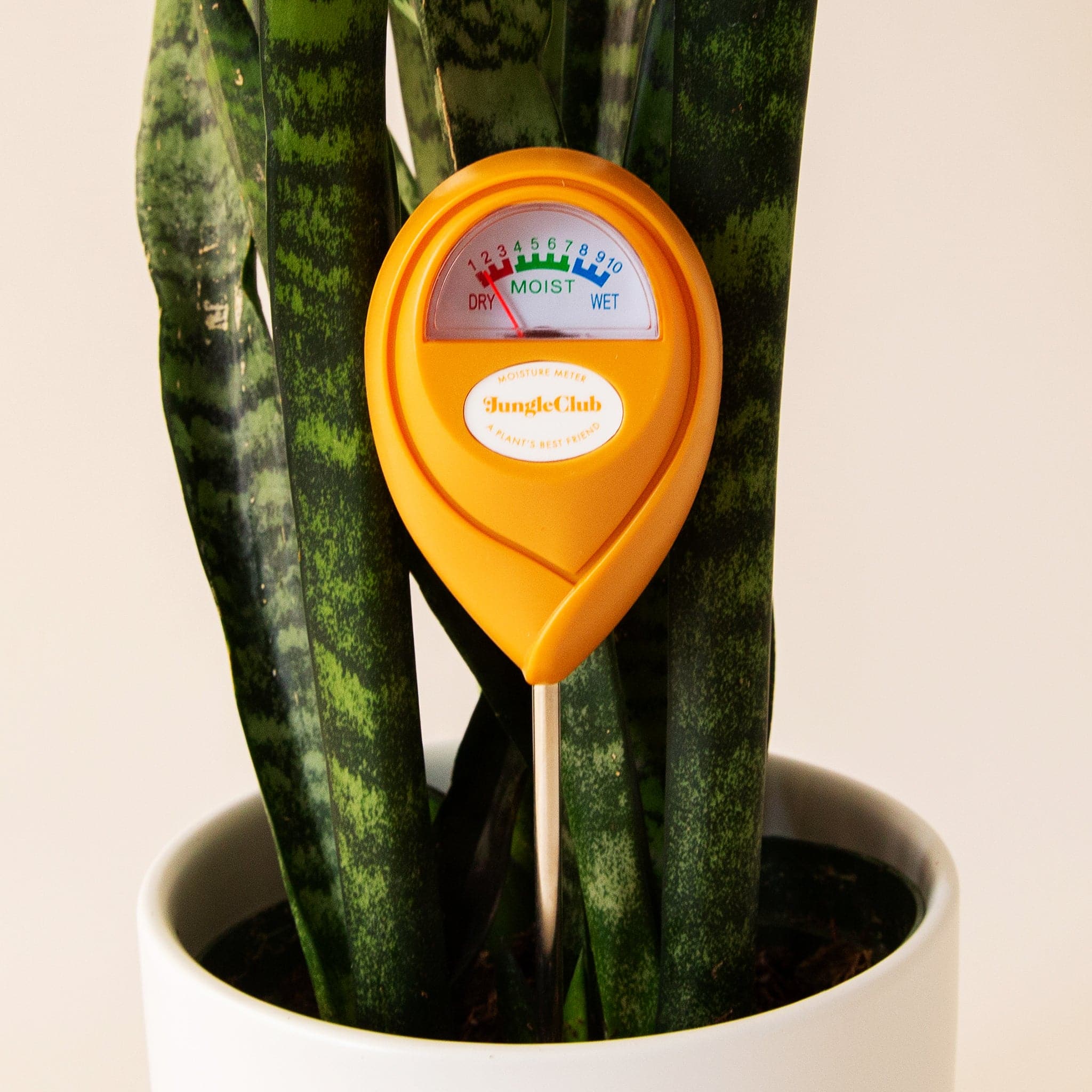Exactly How a Moisture Meter Can Enhance Your Construction Jobs and Stop Damage
Exactly How a Moisture Meter Can Enhance Your Construction Jobs and Stop Damage
Blog Article
Recognizing the Value of a Moisture Meter in Protecting Against Mold and Water Damage in your house
In the realm of home upkeep, the existence of dampness can usually be a quiet yet powerful adversary, capable of creating prevalent mold growth and perilous water damages if left unattended. Recognizing the significance of a wetness meter in this fight is not merely an alternative however a critical necessity.
Relevance of Moisture Detection
Efficient wetness discovery approaches are crucial for protecting buildings and preventing potential mold growth and water damages. Wetness can leak right into various structure materials, bring about architectural concerns and carcinogen. By using a dampness meter, homeowner can proactively determine areas susceptible to excess dampness, permitting timely treatment and mitigation strategies.
Moisture meters provide exact readings of moisture degrees in various products such as timber, drywall, and concrete. This data aids in pinpointing areas of concern, even in surprise or hard-to-reach places. Early detection of dampness buildup makes it possible for timely repair work or adjustments to avoid further damage.

How Moisture Meters Work
Wetness meters play a pivotal role in the proactive recognition of excess wetness, assisting in the avoidance of potential mold and mildew growth and water damages by offering exact analyses of wetness degrees in numerous structure products. Some progressed dampness meters pin both integrate and pinless innovations for detailed dampness detection. Recognizing exactly how moisture meters feature is essential for timely and precise wetness degree assessments, allowing effective preventive steps versus mold and water damages.
Detecting Early Warning Signs
Upon first inspection of a property, identifying refined signs of excess wetness comes to be critical in the very early detection of potential mold and mildew growth and water damages. Water discolorations can signify leaks or seepage, while peeling off paint or wallpaper might be an outcome of wetness jeopardizing the attachment of these products to the surface area. Additionally, a rise in allergy signs and symptoms or respiratory system issues amongst residents might suggest the presence of mold due to excess moisture.
Protecting Against Mold Growth
Identifying early indication of excess dampness within a residential or commercial property not only allows prompt discovery of possible mold development and water damages however likewise works as an aggressive measure in preventing the expansion of mold and mildew. To properly stop mold and mildew growth, it is essential to you can find out more address any sources of dampness promptly. This can include fixing leaks in windows, roofings, or pipelines, ensuring correct air flow in wet areas like kitchen areas and restrooms, and making use of dehumidifiers in high-humidity rooms. Routinely inspecting and preserving the property's pipes, roofing system, and gutters can also assist in stopping water invasion that could bring about mold and mildew growth.
In enhancement to addressing moisture sources, keeping interior humidity degrees listed below 60% can considerably inhibit mold growth. Correct air flow, ample insulation, and making use of air conditioners or fans can help control interior moisture degrees. Keeping track of dampness degrees in areas vulnerable to moisture, such as cellars and creep spaces, making use of a dampness meter can additionally assist in early detection of raised moisture levels and possible mold and mildew growth. By taking aggressive measures to avoid excess wetness and mold development, property owners can safeguard their residential or commercial property Click Here and interior air high quality.
Advantages of Normal Surveillance
Routine monitoring of moisture degrees in a home can play a crucial function in maintaining a healthy indoor environment and stopping prospective mold and mildew and water damage. By regularly examining dampness levels, house owners can find any issues promptly and take required activities to avoid mold and mildew development and water damage.
Furthermore, normal monitoring permits property owners to track patterns and patterns in moisture levels over time. Eventually, the regular monitoring of dampness levels empowers home owners to secure their building, protect their health, and preserve the stability of their interior setting.

Final Thought

By using a moisture meter, building proprietors can proactively recognize locations susceptible to excess wetness, enabling for prompt intervention and reduction approaches.

Keeping an eye on dampness levels in locations vulnerable to wetness, such as cellars and crawl rooms, utilizing a wetness meter can additionally help in early discovery of elevated dampness levels and potential mold development. (Moisture Meter)
Report this page